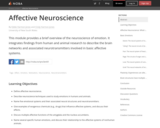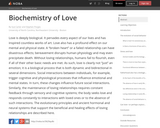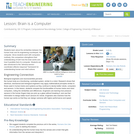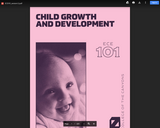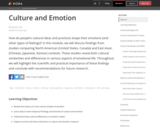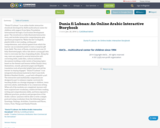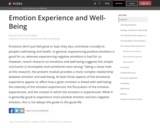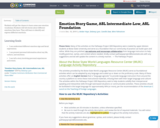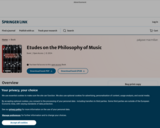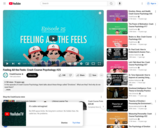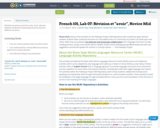“Dunia Fi Lubnan” is an online Arabic interactive storybook developed by Alefb multicultural center for children with support from Qatar Foundation International through a Curriculum Development grant.
The storybook is a fully illustrated interactive story, and includes interactive comprehension quiz questions prompted by "Nahla the bee" in English, playful drills to test reading, writing and comprehension, and cultural games from which the learner can accumulate points to earn a surprise gift from Alefb. The story of Dunia, stretched out over 22 fully illustrated pages, tells a tale about a young girl who tries to overcome her fear of speaking Arabic. Along the way, users are exposed to several interactive self-correcting drills, audio files, cultural authentic documents tackling a wide variety of learning topics based on the themes and lessons within Dunia's story. Animations, sounds, glossaries pages and English translation tools all provide helpful hints and aid the learner in staying engaged. “Dunia Fi Lubnan” is an integrated educational material in that it uses both Modern Standard Arabic, الفصحى and colloquial العامية.
The interactive and multimedia components are designed in part to enhance regular curricula for teaching Arabic as a foreign language to children, teens and even adults, individually or in a classroom setting.
When all of the modules are completed, learners will have acquired new vocabulary, reinforced their reading, writing and comprehension skills, and been exposed to different practices, products and perspectives of the Arabic culture. Learners will be able to write a simple postcard using vocabulary from the following topics: Greetings, Feelings, Activities, Countries and Places, Colors, Food, Things and Family/Friends.
